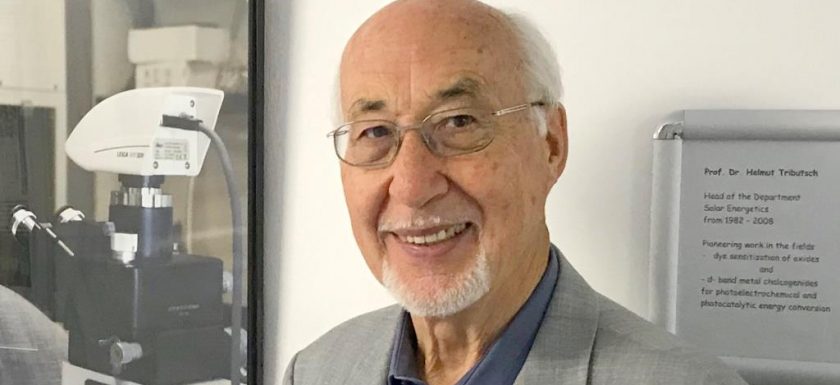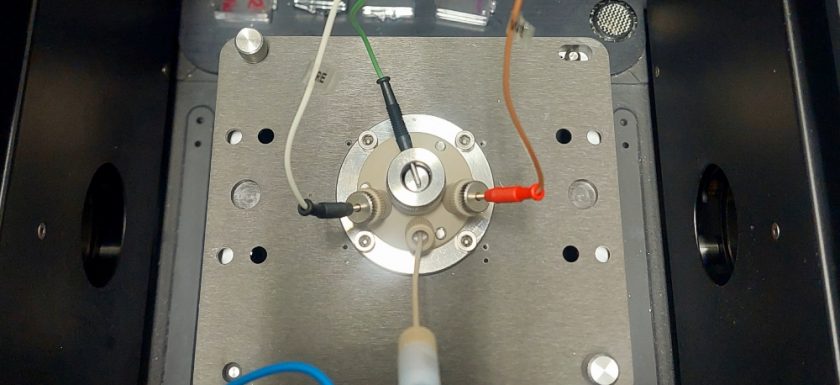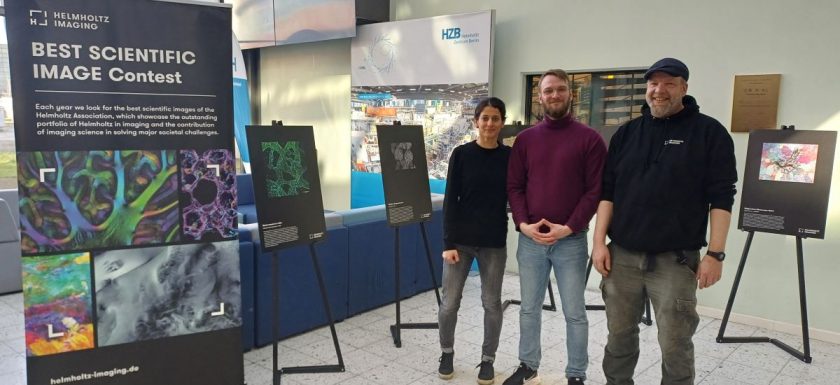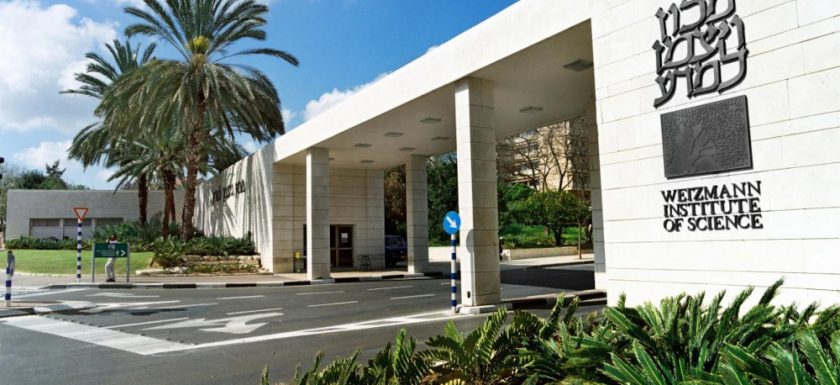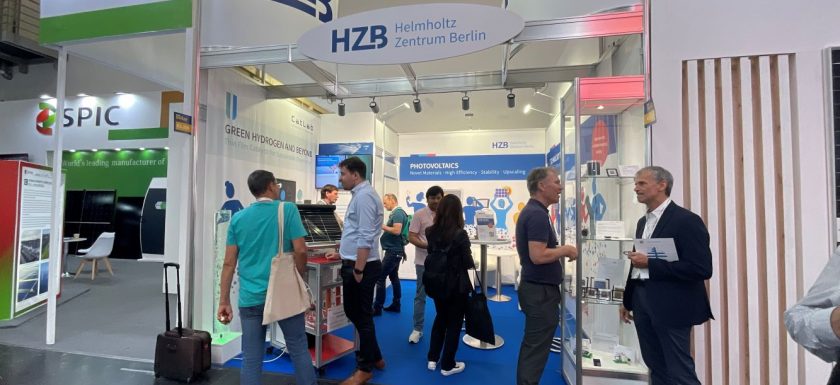What’s wrong with time?
Many at HZB will still remember him. Between 1982 and 2008, Professor Helmut Tributsch played a key role in establishing solar energy research at the former Hahn-Meitner Institute. He authored over 450 publications in renowned journals and several books. Since retiring, he has been living on a farm in Italy, immersing himself in the questions that have preoccupied him since his student days. Antonia Rötger spoke with the physicist. Professor Tributsch, in your new popular science book, you criticise how modern physics deals with the concept of time. Why? Physics has made a fundamental mistake: it has ignored the irreversible, energy-driven time that we experience,Read More →

